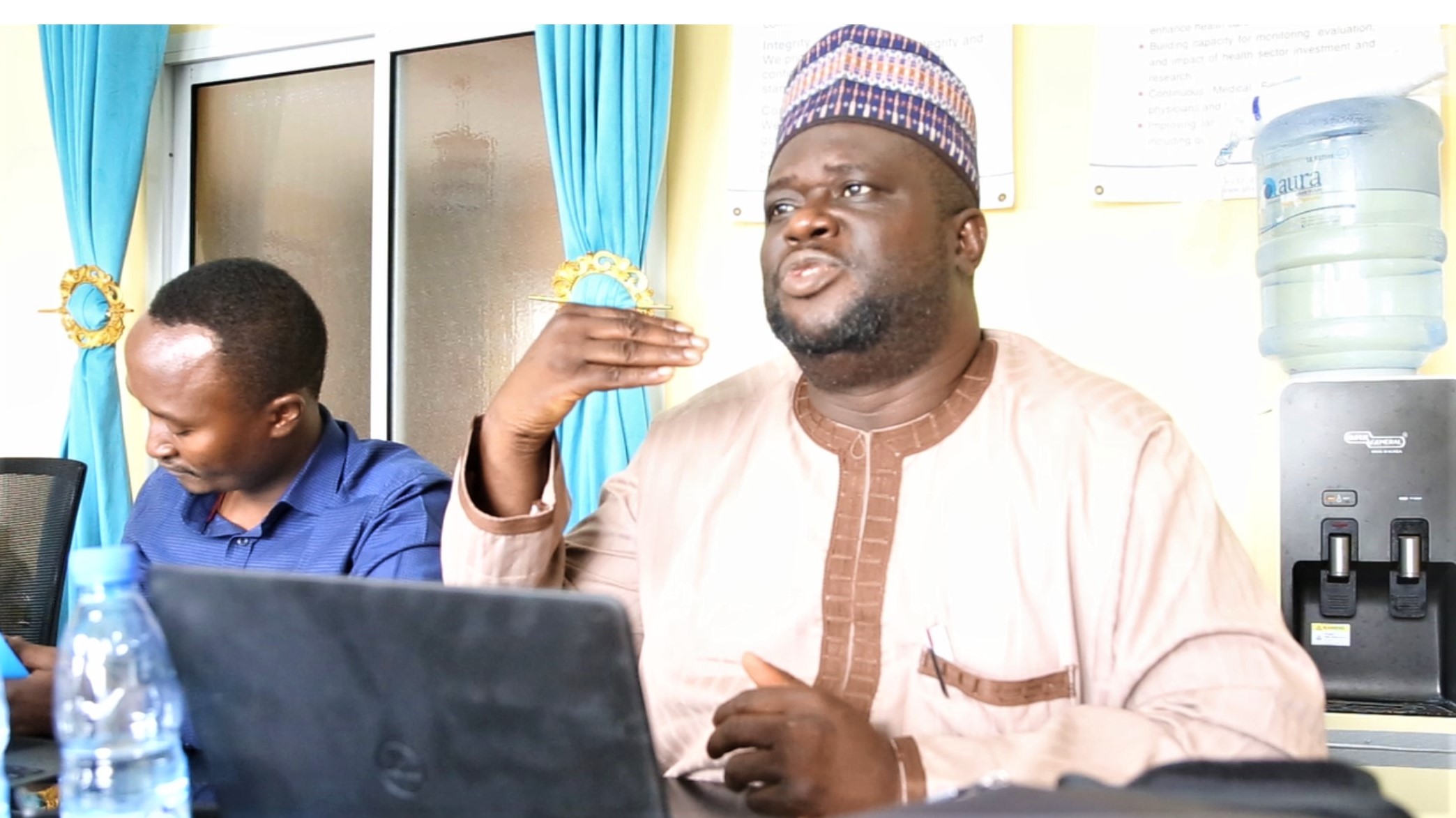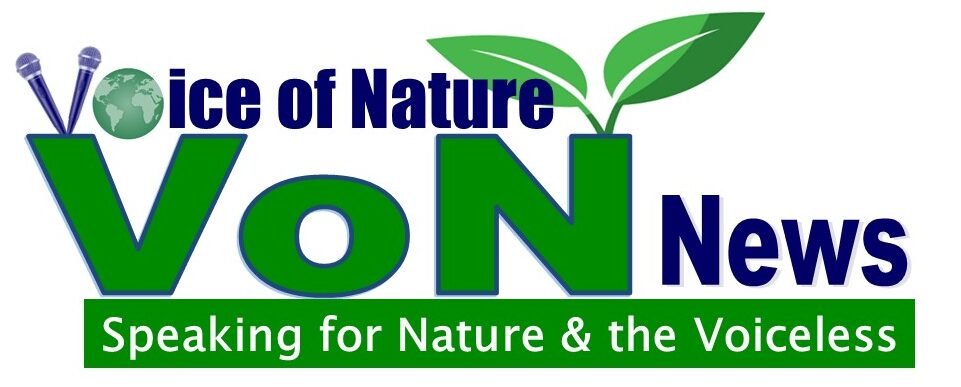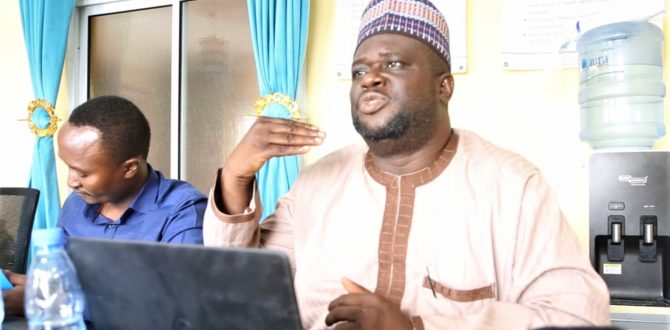Representatives of the African Union Commission (AUC) and Africa Centres for Disease Control and Prevention (Africa CDC) have expressed satisfaction at Global Health Systems Solutions’ (GHSS’) implementation of the Central Africa Regional Integrated Surveillance and Laboratory Network (RISLNET) Project. The joint team comprising the AUC Procurement Officer, Internal Auditor, and the Central Africa RISLNET Project Coordinator, and Assistant were speaking at the end of a 3-day monitoring and evaluation visit to the Organization, 11th to 13th March 2020.
 The Central Africa RISLNET Project Coordinator, Dr. Muhammed Abdulaziz, was particularly elated that, unlike before, an African organization is successfully implementing such a project on the African continent. “I want to thank GHSS because if you were not there, we would have, maybe, given the project to a European firm or American firm, which will rid us of building local man power. This would have been much , and with very little or no mastery of local realities,” he noted.
The Central Africa RISLNET Project Coordinator, Dr. Muhammed Abdulaziz, was particularly elated that, unlike before, an African organization is successfully implementing such a project on the African continent. “I want to thank GHSS because if you were not there, we would have, maybe, given the project to a European firm or American firm, which will rid us of building local man power. This would have been much , and with very little or no mastery of local realities,” he noted.
Just like the AUC Internal Auditor and Procurement Officer, RISLNET Project Assistant Coordnator, Mr. Thaddee Niyoyitungira, expressed contentment with the implementation of the Project, one year after. “After one year of implementation, we went through all set objectives and noted that GHSS has satisfactorily achieved them. As a credible organization with over 13 years experience in this area, GHSS has shown their ability and expertise in the implementation of this project. If I have to score them, I will give 8/10,” Mr. Thaddee opined.
While commending GHSS for always “opening their books to internal and external auditors”, Dr. Muhammed implored GHSS to leverage on the experience gathered, and recommendations given, to improve on the implementation of the next phase of the project. The Central Africa RISLNET boss requested the Organization to implement the project such that it culminates in the publication of a peer reviewed paper on “The Processes and Operationalization of RISLNET in the Central Africa”. This, according to him, will serve as a model for other regions in Africa, also launching the RISLNET project.
With the advent of COVID 19, GHSS was implored to look at ways of further building the capacity of labs in the Central Africa Region and strengthening their surveillance to better fight the pandemic.
The Executive Director of GHSS, Professor Patrick Njukeng, on his part, greeted the AUC/Africa CDC evaluation visit with much excitement. “I am excited at the level of engagement and seriousness the AUC team has taken to go through our documents, to be sure that there are up to the standards acceptable by AU. The recommendations made, will help us improve on the Organization’s policies and make our system that is already anxious to be perfect, to get to that high level. This is going to be a significant leap in our management system,” he indicated.
The Central Africa RISLNET Project is a grant GHSS obtained from Africa CDC through the AUC, to develop laboratory networks for disease surveillance, and strengthen the quality of laboratory testing in the Central Africa Region encompassing nine countries; Gabon, Cameroon, Central African Republic (CAR), Chad, Congo Brazzaville, Equatorial Guinea, Burundi, Democratic Republic of Congo (DRC), and Sao Tome and Principe. One year down the lane, the Organization prides itself with the development of eight frame work and guideline documents, and a website for RISLNET Central Africa and the launch of an ECHO platform for lab and disease surveillance to supervise seven labs enrolled for accreditation and to facilitate information/experience sharing among the countries. It has also installed Basic Laboratory Information Systems in four laboratories of four member states, trained 247 laboratory personnel, cadres of public health, laboratory experts on BLIS, QA, EQA, SLMTA, QMS & EMC and enrolled the labs in seven countries in ISO 15189 accreditation process. The Organization remains more determined than ever before, to working with AUC and Africa CDC in the second year of the project to sustain, expand and enhance these achievements.







